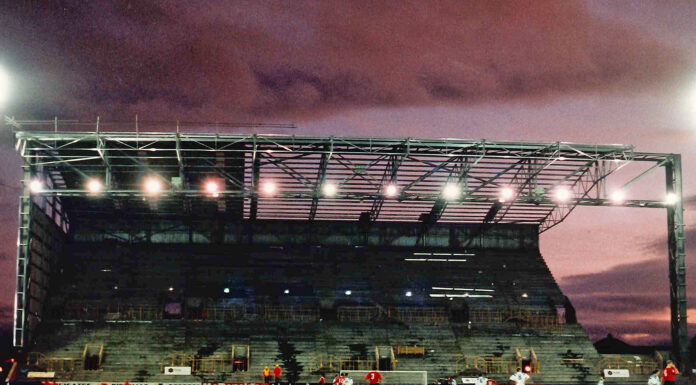By Cai Hilditch-Roberts
The Premier League has once again hit the headlines but this time for all the wrong reasons. Their announcement to show matches played behind closed doors on pay-per-view TV has not only left footballing fans outraged, but could potentially also leave a big hole in the casual fans pocket come game day.
The temporary proposal, which is to be reviewed at the end of October was approved at a Premier League shareholder meeting on Friday. It concluded that fans will be charged £14.95 (on top of a standard subscription fee) to watch half of the remaining matches over the next three weeks, which will be shown on BT Sports and Sky Sports’ pay-per-view platforms.
The first two games to be played on pay-per-view will be on the 17 October, where Chelsea will take on Southampton (BT) and Newcastle host Manchester United (Sky).
Seven months have passed since the decision was made to stop fans from attending football games due to the Coronavirus pandemic, and despite recent calls made from the government to allow 1,000 fans into football stadia the second wave has hindered any progress of that and has forced many counties and districts back into ‘local lockdown’.
Merseyside has been one of the prominent counties that has been amongst the confusion of ‘local lockdown’, and with the pubs being forced to shut once again due to the COVID pandemic on Monday, the thought of having to scrape together enough funds to be able to watch your favourite teams play has become all too realistic.
Liverpool’s home fixture against Sheffield United was one of six more games that were added late across game weeks six and seven, with kick-off being shown on Sky Sports pay-per-view on Saturday October 24 at 8pm.
Mayor Joe Anderson has been vocal on the new ruling, voicing his disdain towards the Premier League while also suggesting that the health implication and a wider economic point should be considered
In an interview with ‘The Echo’ he said: “There are 68,000 people claiming housing benefit now in Liverpool and many more claiming support such as Universal Credit, which shows that the ordinary working class person cannot afford to be spending £14.95 a game to watch their team play.
“It shows aloofness and disconnect between the Premier League and the communities its clubs are supposed to represent, and how out of touch they are with the real lives of ordinary working class people.”
With these times being trying and testing for all of us, the general consensus amongst football fans is that by the end of October the Premier League will review and scrap any further plans of sticking to these pay-per-view platforms, making it cheaper and easier for the casual fan to support their chosen club.

















